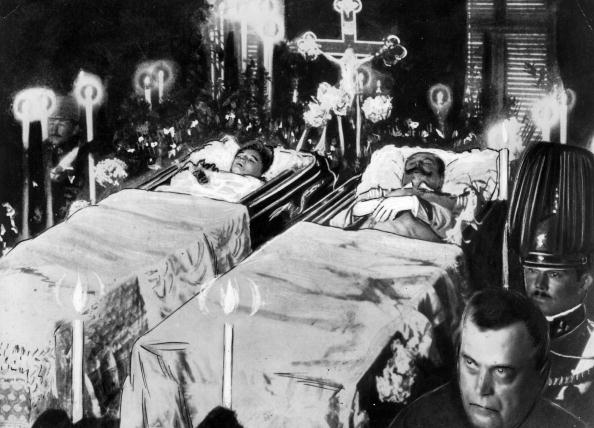Speaking of Stephen Wolfram, the scientist recently did an Ask Me Anything at Reddit, addressing the topic of whether it’s possible to create a computational model of history. At first blush, it would seem impossible, understanding how many things can seemingly turn on a single incident or accident. Wolfram acknowledges he doesn’t have an answer, though he won’t dismiss it out of hand. After all, biology, which is capable of being mapped, is itself a type of history.
An excerpt:
That’s an interesting issue: is there a “theory of history” or is too much of it accidental? There clearly are some aspects of history that can be modeled, and indeed people have used my kinds of models to do this. (Think e.g. computational agents in a market, social system, etc.)
Biology gives us another example of a historical record … where perhaps more has been played out than in human history. One of the things one can ask is whether the organisms that exist are a consequence of particular historical accidents … or whether they’re somehow theoretically determined, e.g. by filling out a space of all possibilities. I was somewhat surprised to discover, at least in the particular cases I looked at (e.g. http://www.wolframscience.com/nksonline/section-8.6 ) that there was a lot of predictability in the set of possible organisms.
Does something similar apply to human history? I don’t know. I suspect we haven’t had enough independent societies etc. etc. to see the same kind of phenomena as in biology. I note that in Wolfram Language (and Wolfram|Alpha) we now have a lot of historical country data … and it’s remarkable to watch the evolution of the countries of the world with time: it looks remarkably “biological,” and perhaps amenable to theory.•
Tags: Stephen Wolfram

